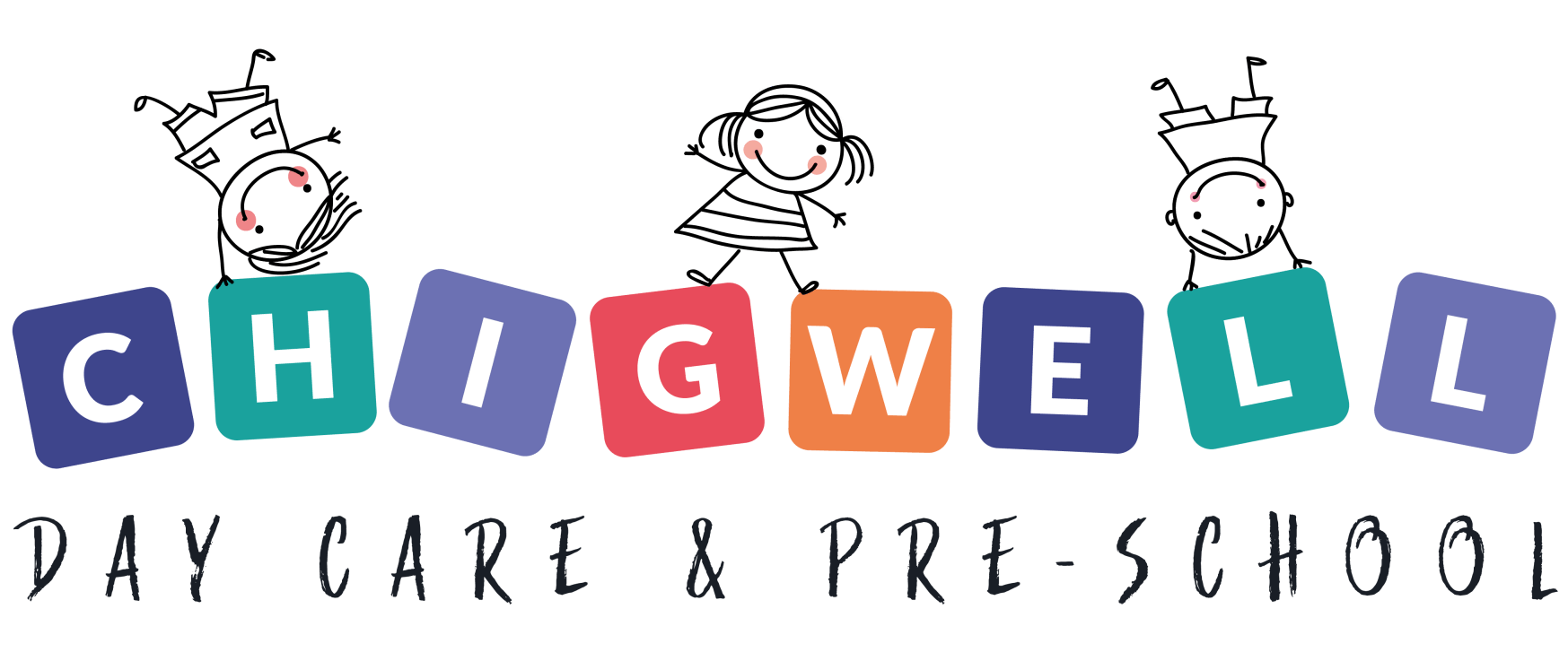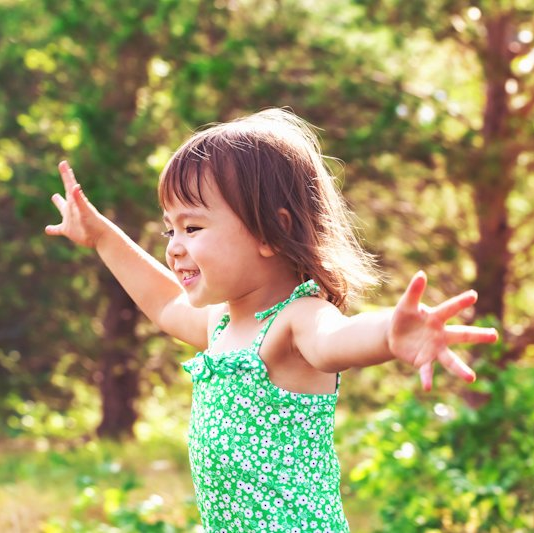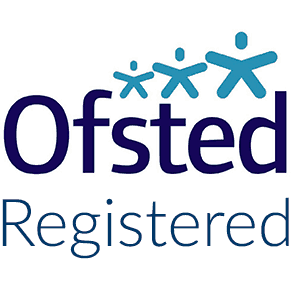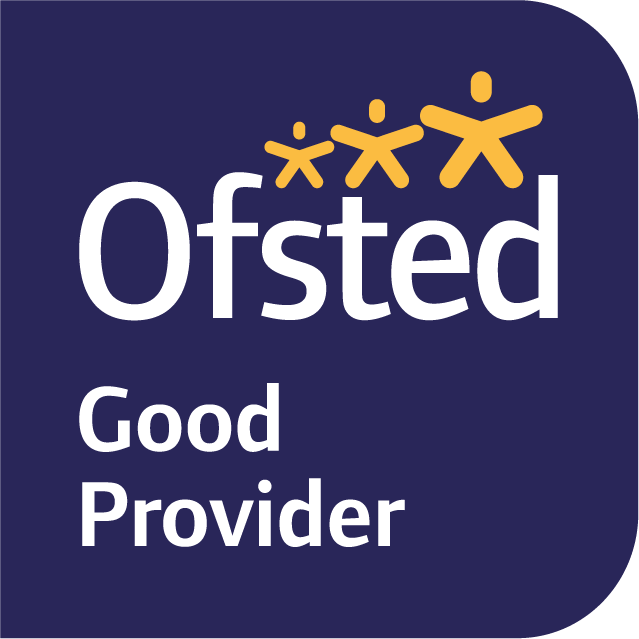Children's Development & Learning
We aim to ensure that each child:
▪ is in a safe and stimulating environment;
▪ is given generous care and attention, because of our ratio of qualified staff to children, as well as volunteer helpers;
▪ has the chance to join in with other children and adults to live, play, work and learn together;
▪ is helped to take forward her/his learning and development by being helped to build on what she/he already knows and can do;
▪
has a personal key person who makes sure each child makes excellent progress;
▪
is given generous care and attention, because of our ratio of qualified staff to children, as well as volunteer helpers;
▪
is in a setting that sees parents as partners in helping each child to learn and develop; and
▪
is in a setting in which parents help to shape the service it offers.
The Early Years Foundation Stage
Provision for the development and learning of children from birth to 5 years is guided by the Early Years Foundation Stage. Our provision reflects the four overarching principles of the Statutory Framework for the Early Years Foundation Stage (DfE 2014):
▪ A Unique Child
Every child is a unique child who is constantly learning and can be resilient, capable, confident and self-assured.
▪ Positive Relationships
Children learn to be strong and independent through positive relationships.
▪ Enabling Environments
Children learn and develop well in enabling environments, in which their experiences respond to their individual needs and there is a strong partnership between practitioners, parents and carers.
▪ Learning and Development
Children develop and learn in different ways and at different rates. The framework covers the education and care of all children in early years provision including children with special educational needs and disabilities.
How we Provide for Development and Learning
Children start to learn about the world around them from the moment they are born. The care and education offered by our setting helps children to continue to do this by providing all of the children with interesting activities that are appropriate for their age and stage of development. The areas of development and learning comprise:
Prime Areas:
Personal, Social & Emotional
▪ Making relationships
▪ Self-confidence and self-awareness
▪ Managing feelings and behaviour
Physical Development
▪ Moving and handling
▪ Health and self-care
Communication & Language
▪ Listening and attention;
▪ Understanding
▪ Speaking
Specific Areas:
Literacy
▪ Reading
▪ Writing
Mathematics
▪ Numbers
▪ Shape, space and measure
Understanding
of the World
▪ People and communities
▪ The world
▪ Technology
Expressive Art & Design
▪ Exploring using media and materials
▪ Being imaginative
For each area, the level of progress that children are expected to have attained by the end of the Early Years Foundation Stage is defined by the Early Learning Goals. These goals state what it is expected that children will know, and be able to do, by the end of the reception year of their education.
The Early Years Outcomes (DfE 2013) guidance sets out the likely stages of progress a child makes along their progress towards the Early Learning Goals. Our setting has regard to these when we assess children and plan for their learning. Our programme supports children to develop the knowledge, skills and understanding they need.
Our Approach to Learning, Development & Assessment
▪ Learning through play
Being active and playing supports young children’s learning and development through doing and talking. This is how children learn to think about and understand the world around them. We use the EYFS statutory guidance on education programmes to plan and provide opportunities which will help children to make progress in all areas of learning. This programme is made up of a mixture of activities that children plan and organise for themselves and activities planned and led by practitioners.
▪ Characteristics of effective learning
We understand that all children engage with other people and their environment through the characteristics of effective learning that are described in the Early Years Foundation Stage as:
- playing and exploring - engagement;
- active learning - motivation; and
- creating and thinking critically - thinking.
We aim to provide for the characteristics of effective learning by observing how a child is learning and being clear about what we can do and provide in order to support each child to remain an effective and motivated learner.
▪ Assessment
We assess how young children are learning and developing by observing them frequently. We use information that we gain from observations, as well as from photographs or videos of the children on Abacus Software (an Online Journal), to document their progress and where this may be leading them. We believe that parents know their children best and we will ask you to contribute to assessment by sharing information about what your child likes to do at home and how you, as parents, are supporting development.
We make periodic assessment summaries of children’s achievement based on our on-going development records. These form part of children’s records of achievement. We undertake these assessment summaries at regular intervals, as well as times of transition, such as when a child moves into a different group or when they go on to school.
▪ The progress check at age two
The Early Years Foundation Stage requires that we supply parents and carers with a short written summary of their child’s development in the three prime areas of learning and development - personal, social and emotional development; physical development; and communication and language - when a child is aged between 24 - 36 months. [Your child’s key person is responsible for completing/ under Manager’s guidance] the check using information from on-going observational assessments carried out as part of our everyday practice, taking account of the views and contributions of parents and other professionals.
Records of Achievement
We keep a record of achievement for each child. Your child's record of achievement helps us to celebrate together her/his achievements and to work together to provide what your child needs for her/his well-being and to make progress.
Your child's key person will work in partnership with you to keep this record. To do this you and [she/he/I] will collect information about your child's needs, activities, interests and achievements. This information will enable the key person to identify your child's stage of progress. Together, we will then decide on how to help your child to move on to the next stage.



